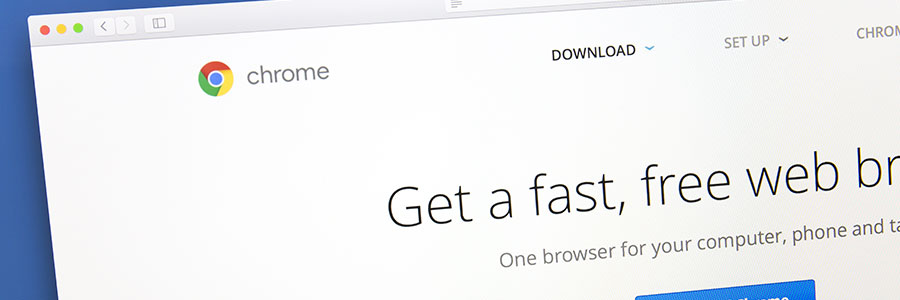Privacy is a precious commodity in this era. Every website you visit or app you download leaves a digital footprint that can be tracked by anyone. Fortunately, major web browsers all offer private browsing features to keep your internet activity somewhat safe from prying eyes.
Can private browsing keep you safe?
Meltdown and Spectre fixes cause problems

It’s been three weeks since one of the worst IT security vulnerabilities in history was announced, and consumers are still receiving mixed messages about how to protect themselves. We usually encourage users to install software updates as often as possible, but when it comes to Meltdown and Spectre, that advice comes with an asterisk.
Is your browser safe from Spectre?
Think before saving logins to your browser

There are a number of reasons you should be wary of saving your password to a digital platform. Just look at Yahoo’s data breach in 2013, which leaked passwords for three billion people. Even when your password isn’t compromised, saving it to a browser could have serious implications for your privacy.
Web browser cybersecurity, ranked
Google Chrome gets new features

Google releases a new version of Chrome almost every month. Some updates involve minor bug fixes and improvements, while others feature many more exciting additions. For its latest release, version 57, Google announced some serious upgrades to Chrome, and here are the three we think you’ll be more interested in.
Browser showdown: which one is right for you?

Back when Internet Explorer was competing against Netscape, users had far fewer things to consider. Nowadays, some users do nearly all their work inside of a web browser, and they have far more options about which program to use. If you’ve ever questioned whether there might be a better way to browse the web, we’ve got your answers right here.
Browsers leak sensitive info to hackers

The Autofill feature fills a void in the web browsing habits of many. It eliminates the need to enter all your details when logging on your social media accounts or when checking out your basket after e-shopping. On Chrome and Safari browsers, however, danger lurks when you rely too much on autofill.
New, native ad blocker coming to Opera

Ads are becoming increasingly intrusive on today’s web browsers. They can slow down the load time of pages, and cause potential security and privacy issues. So it’s no surprise that ad blockers are becoming more and more popular. However, as they do, they’re also cutting into the revenue of online advertisers.
- 1
- 2


